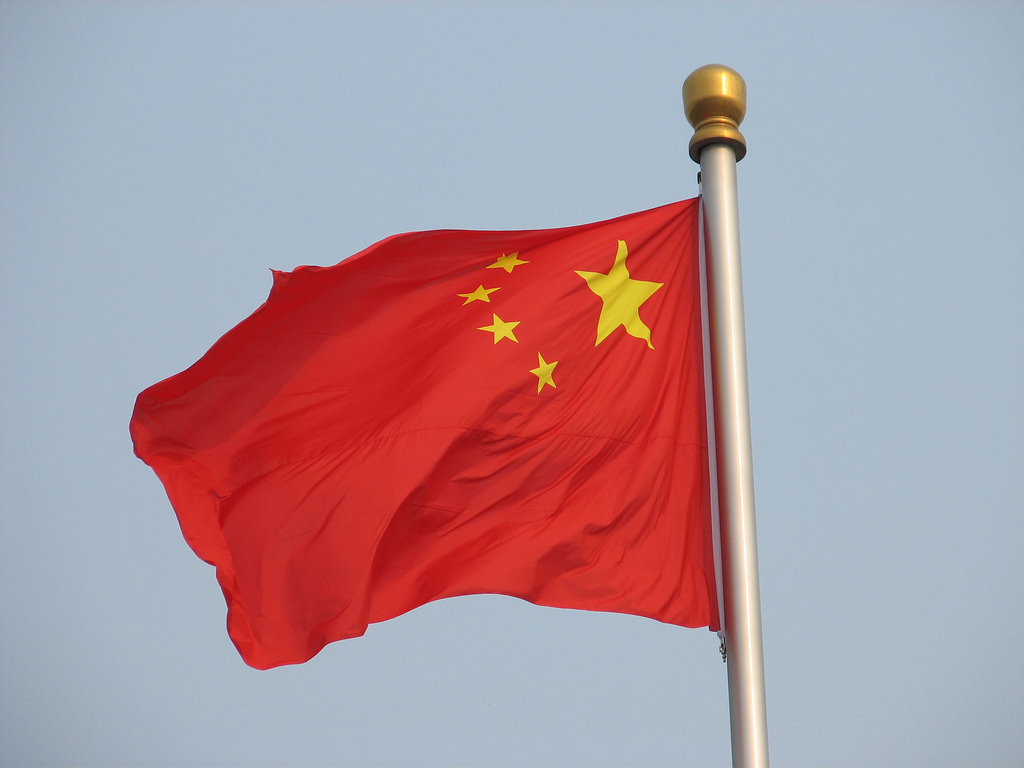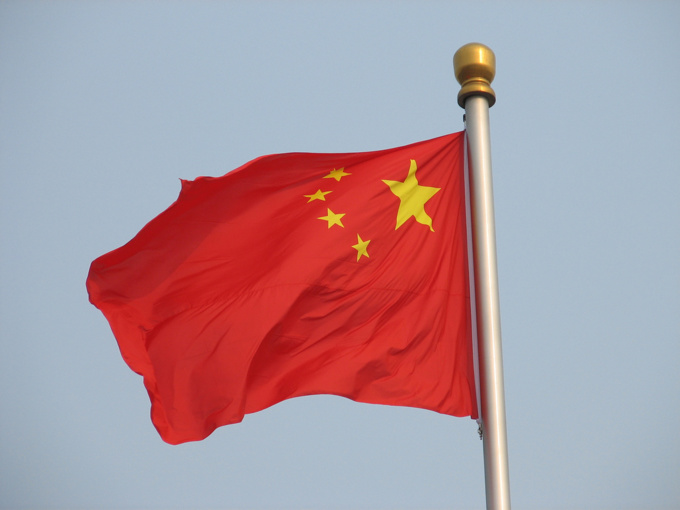China worries about future of joint oil projects with Venezuela and the nearly $ 20 billion that Caracas owes it. These concerns resulted in negotiations that Chinese diplomats are conducting with the Venezuelan opposition in Washington.
"China recognizes the growing risk of regime change and does not want to be on the wrong side," commented Evan Ellis, an expert at the Strategic Studies Institute of the U.S. Army War College. "Beijing prefers stability, but they understand that they should change the strategy."
The PRC Foreign Ministry informed the WSJ about the negotiations and about Beijing’s desire that its interests be respected by all parties of the conflict. According to a representative of the Ministry of Foreign Affairs of China, "Beijing closely communicates with all parties in Venezuela in a variety of ways."
“Regardless of how events develop,” he stressed, “China-Venezuelan cooperation will remain unchanged.”
Juan Gerardo Guaidó publicly handed over an olive branch to China, saying that Venezuela should maintain ties with the world's largest oil importer.
However, not everything is so smooth in relations between the Venezuelan opposition and Beijing. Over the past 12 years, Venezuela has received more than $ 50 billion from China in the form of loans and must pay off with its main wealth, oil. According to calculations of economists of the Ministry of Commerce of China, Caracas now owes Beijing approx. $ 20 billion.
Naturally, China wants to minimize losses on these loans. The parties are now negotiating to extend the return of money so that the interim government of Venezuela has at least some time to take a breath.
Another obstacle is that the Venezuelan legislators have been trying to make conditions of Chinese loans transparent for more than a year, but China is not going to make concessions.
Now Caracas, cut off by sanctions from American refineries, is looking for new buyers for Venezuelan oil. India is one of the most promising one. According to the WSJ, Arabian tanker company Bahri sent one of its tankers to Venezuela, where it will be loaded with oil and will take it to India.
On February 11, Venezuelan Petroleum Minister Manuel Quevedo went to Delhi to negotiate an increase in oil supplies to India. However, it will not be easy for him to achieve the desired result, because the Indian authorities are unhappy with the way Caracas does business, and especially with the fact that for several years it has been postponing the return of almost half a billion dollars that Venezuela owed to the state oil company ONGC Videsh Ltd.
The Venezuelan government has problems with Indian pharmaceutical companies, which used to be the main drug manufacturers in this country. As the economic and social conditions deteriorated, Indian pharmacists began to transfer production to other countries.
source: wsj.com
"China recognizes the growing risk of regime change and does not want to be on the wrong side," commented Evan Ellis, an expert at the Strategic Studies Institute of the U.S. Army War College. "Beijing prefers stability, but they understand that they should change the strategy."
The PRC Foreign Ministry informed the WSJ about the negotiations and about Beijing’s desire that its interests be respected by all parties of the conflict. According to a representative of the Ministry of Foreign Affairs of China, "Beijing closely communicates with all parties in Venezuela in a variety of ways."
“Regardless of how events develop,” he stressed, “China-Venezuelan cooperation will remain unchanged.”
Juan Gerardo Guaidó publicly handed over an olive branch to China, saying that Venezuela should maintain ties with the world's largest oil importer.
However, not everything is so smooth in relations between the Venezuelan opposition and Beijing. Over the past 12 years, Venezuela has received more than $ 50 billion from China in the form of loans and must pay off with its main wealth, oil. According to calculations of economists of the Ministry of Commerce of China, Caracas now owes Beijing approx. $ 20 billion.
Naturally, China wants to minimize losses on these loans. The parties are now negotiating to extend the return of money so that the interim government of Venezuela has at least some time to take a breath.
Another obstacle is that the Venezuelan legislators have been trying to make conditions of Chinese loans transparent for more than a year, but China is not going to make concessions.
Now Caracas, cut off by sanctions from American refineries, is looking for new buyers for Venezuelan oil. India is one of the most promising one. According to the WSJ, Arabian tanker company Bahri sent one of its tankers to Venezuela, where it will be loaded with oil and will take it to India.
On February 11, Venezuelan Petroleum Minister Manuel Quevedo went to Delhi to negotiate an increase in oil supplies to India. However, it will not be easy for him to achieve the desired result, because the Indian authorities are unhappy with the way Caracas does business, and especially with the fact that for several years it has been postponing the return of almost half a billion dollars that Venezuela owed to the state oil company ONGC Videsh Ltd.
The Venezuelan government has problems with Indian pharmaceutical companies, which used to be the main drug manufacturers in this country. As the economic and social conditions deteriorated, Indian pharmacists began to transfer production to other countries.
source: wsj.com



















